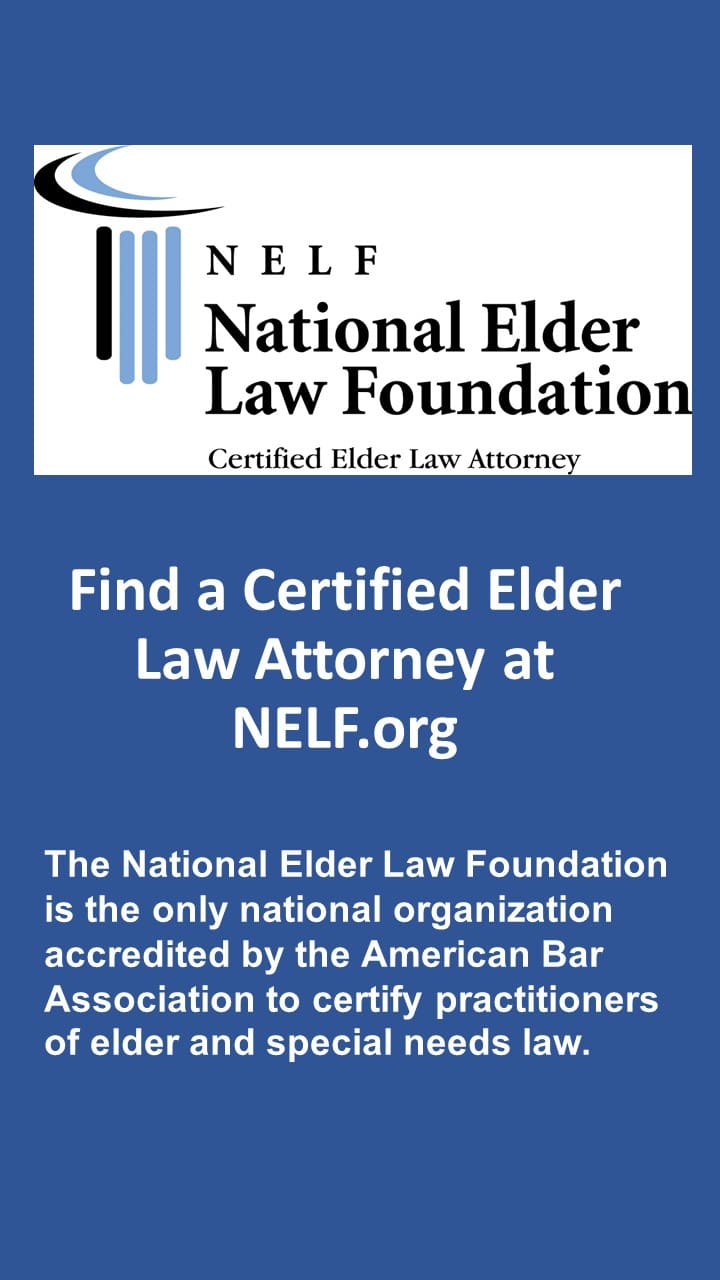The right to privacy has evolved as America has aged. It began as protection from intrusions into the home. “The Fourth Amendment provides — “The right of the people to be secure in their persons, houses, papers, and effects against unreasonable searches and seizures shall not be violated; and no warrants shall issue but upon probable cause, supported by oath or affirmation and particularly describing the place to be searched and the persons or things to be seized.” And the Fifth: “No person . . . shall be compelled, in any criminal case, to be a witness against himself.”” Olmstead v. United States. The right further evolved to protect the right against self-incrimination by requiring warrants for wiretaps, marital and sexual privacy within the home and to protect reproductive rights. Now, in the digital age, the right to keep medical, banking and other information private protects an individual’s right to get insurance, credit and to be protected from scams.
“No right is held more sacred, or is more carefully guarded, by the common law, than the right of every individual to the possession and control of his own person, free from all restraint or interference of others ….”June 4, 1928, Olmstead v. United States
Without My Consent is a website created to combatting online invasions of privacy. It is now a 50 state project designed to empower individuals to stand up for their privacy rights. The Georgia page is here and the home page is here.




